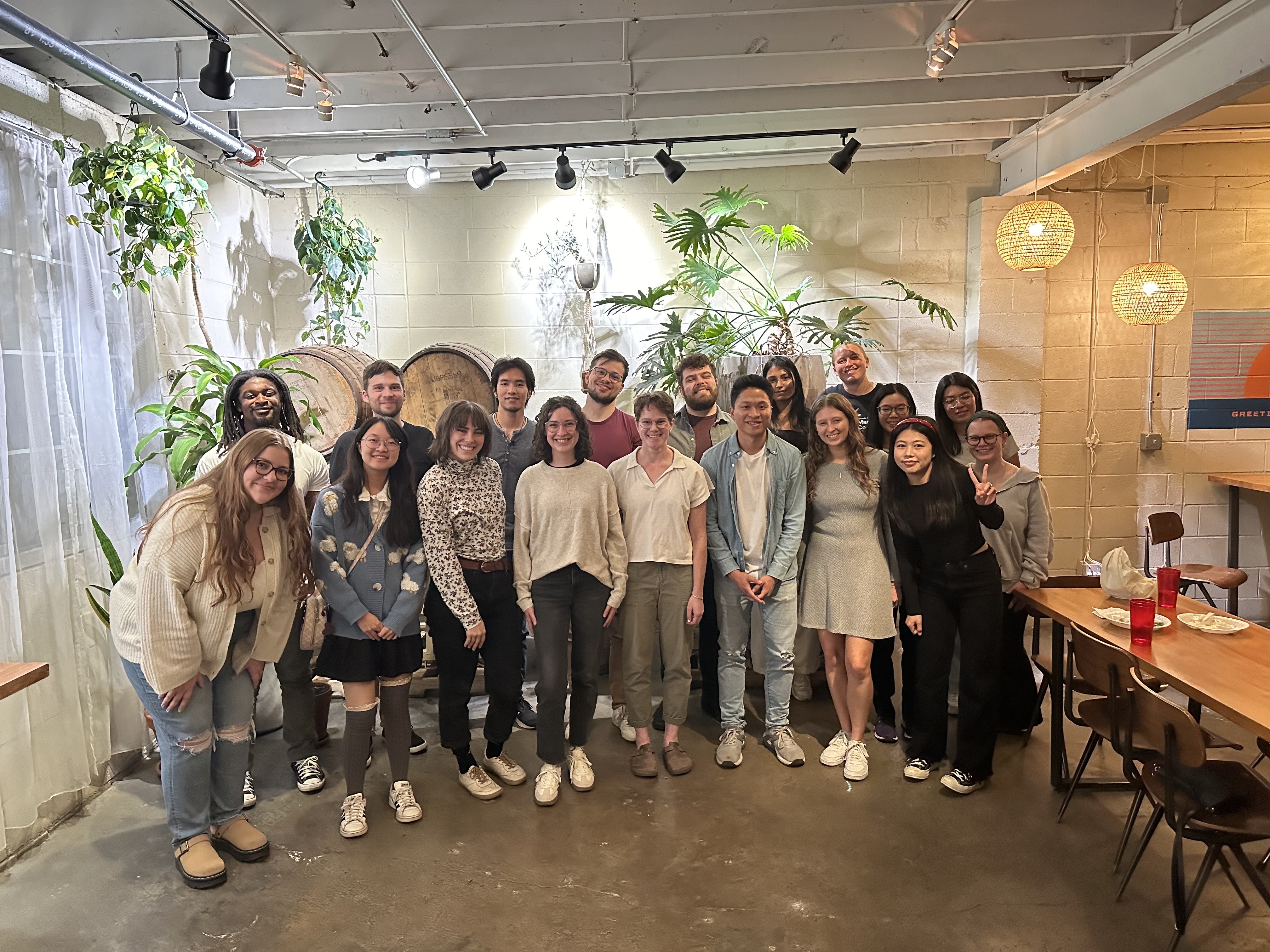CCBBI Student Group

The CCBBI Student Group Goals
- To learn fMRI experimental designs and analysis techniques from other group members and invited speakers.
- To create an environment in which members can present their research or research proposals, to receive feedback and support from other members.
- To increase collaboration across different disciplines.
lf you would like more information about the CCBBI Student Group, please visit their webpage and join their roster!
What kind of events and activities does the group plan to participate in?
How does involvement in the group enrich the academic experience of the members?
From an academic standpoint, the majority of MRI techniques are not learned in the classroom. MRI techniques are largely unique to the specialized, rigorous and rapidly changing methods. In-lab training is our primary source of knowledge, passed down from both advisors and graduate students. The group provides a common space where developing researchers can explore new methods in a supportive, out-of-lab environment. The group is open to all levels of expertise, from post-doctoral scientists to first-year grad students — even a few daring research assistants!
lf you would like more information about the CCBBI Student Group and how to join, please visit their webpage.
